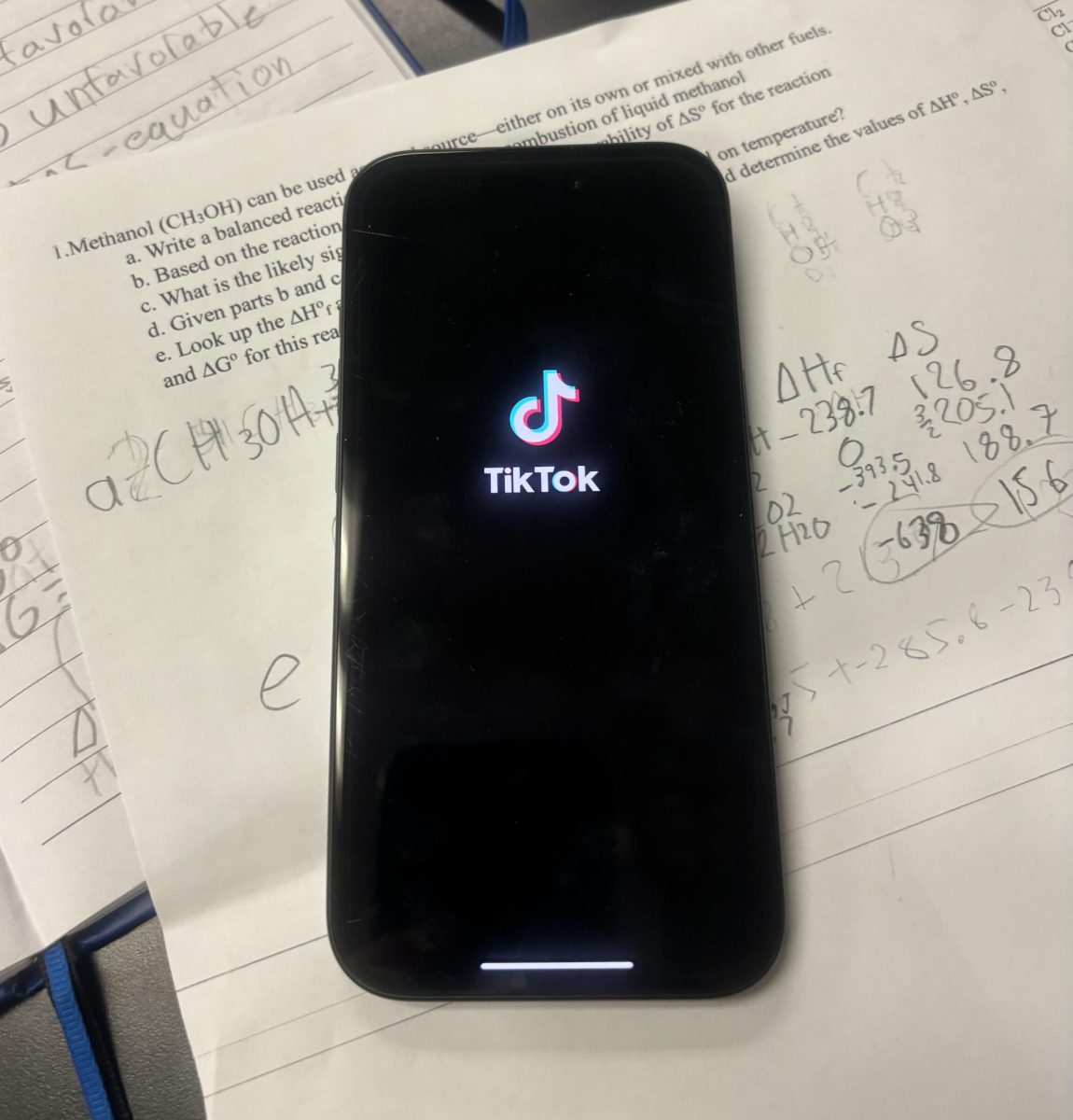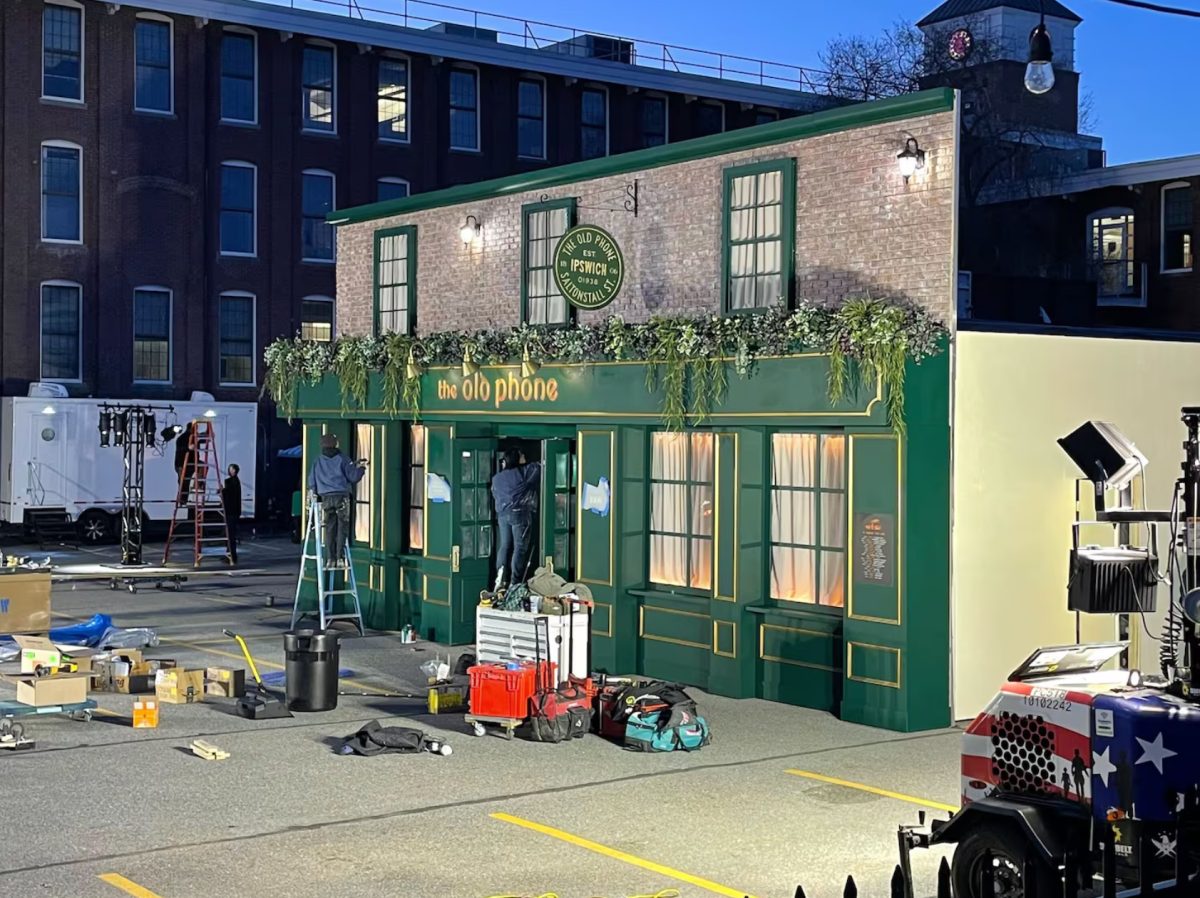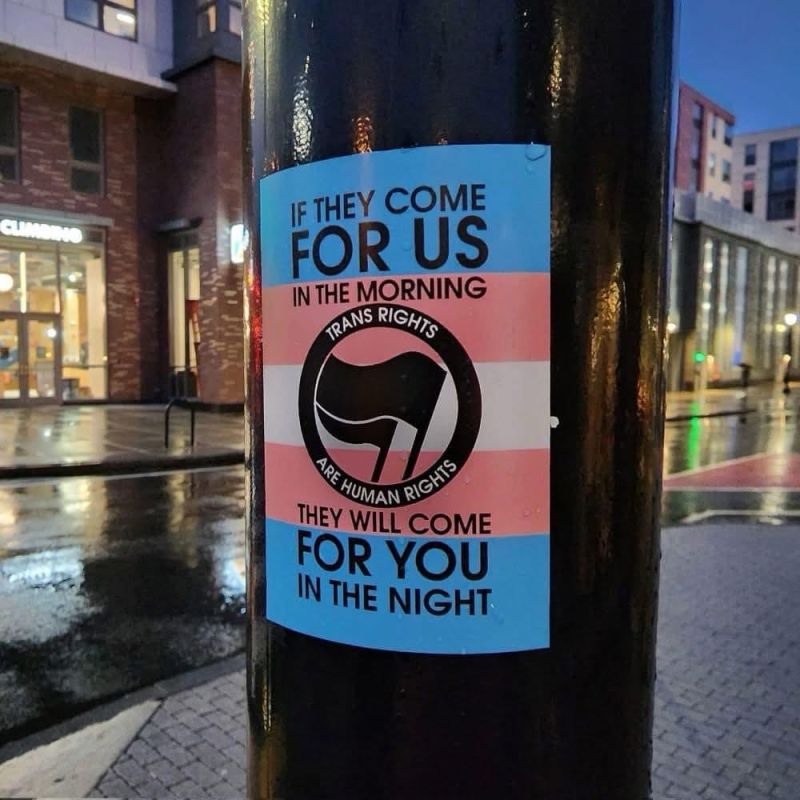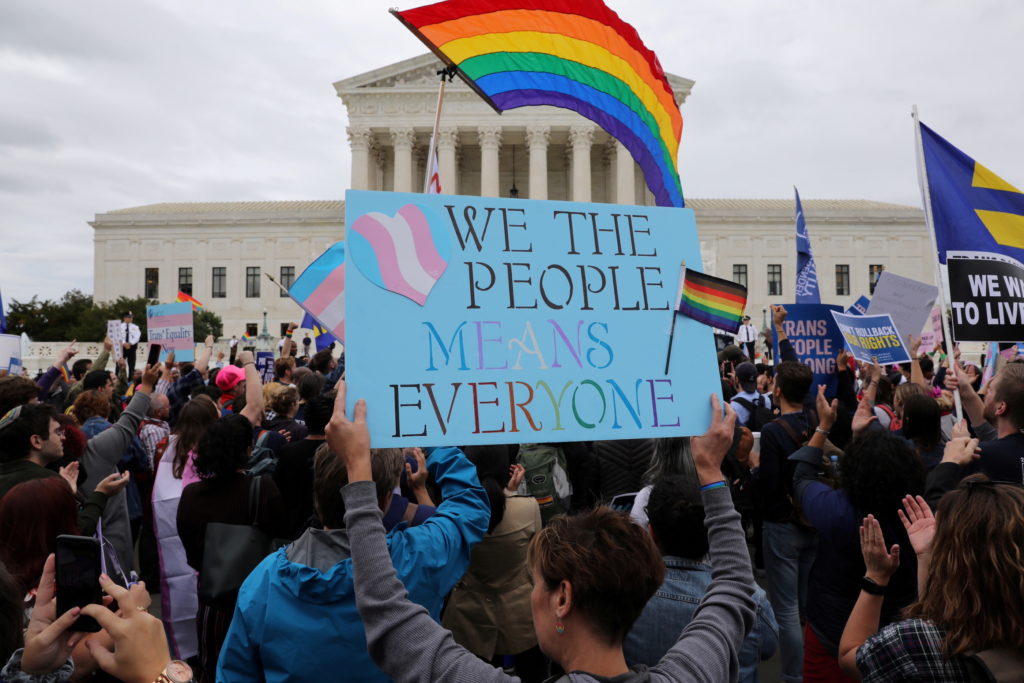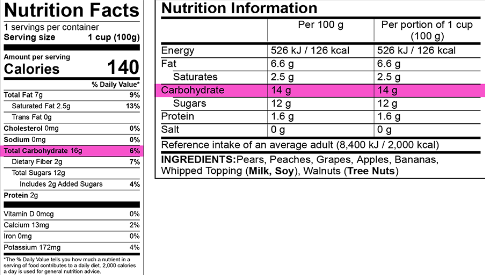Matt Zapala is an FAA agent and has been working for the government for over 17 years but left to work for a private company after repeated government shutdowns that had a serious impact on his life and family.
“I went through three shutdowns. Each was scary because I didn’t know if a paycheck would be coming soon.” Said Matt, “That’s part of the reason why I left the company.”
A government shutdown, when Congress fails to enact the 12 annual appropriation bills (provides budget authority) needed to keep offices open, is when federal agencies must cease all non-essential functions until Congress acts. This is known as a government shutdown. This means government employees thought of as “non essential” are laid off.
Matt left working for the federal government because he couldn’t live in fear of a shutdown. He had a family he needed to look after and provide for.
During a shutdown, the government can only spend money on the essentials. For example law enforcement and public safety. During a shutdown, the government can only spend money on the essentials. For example law enforcement and public safety.
A government shutdown affects everyone. There are many roles and jobs when it comes to working for the government, and shutdowns should not be taken lightly.
Douglas Aylward, a senior at Triton who hopes to go into a government or a bureaucracy field but is not fully sure. “ I believe that depending on exactly what my role will be, a shutdown will become a worry,” said Aylward, “If it shuts down I won’t be able to pay my bills.” Government shutdowns are serious and can seriously affect a person’s career and government and those who want to pursue a role in government.
Many hope that the recurring government shutdowns can be avoided in the future. One way that this could be possible is if congress enacts a rule that says if appropriation bills are not passed on time, a continuing resolution (CR), can be put into place. This will give the government more time to complete work on spending bills.




